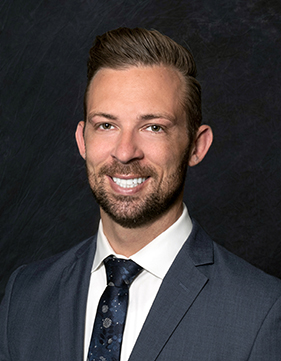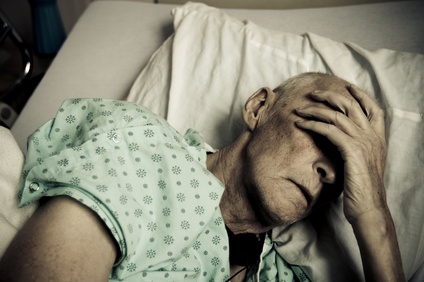|
|
Last Modified on May 06, 2021
Medical malpractice cases are often confused with abuse or neglect cases. Medical malpractice is a form of personal injury in which a healthcare provider, in the course of providing their professional service, commits some act that falls below the standard of care.
Elder physical abuse is an intentionally harmful act. Examples include assault or battery.
In the context of a lawsuit, neglect is the failure of a caretaker to use the degree of care that a reasonable person in the same situation would use in providing for an elder or dependent adult’s basic needs. Neglect can be found in situations involving personal hygiene, provision of food and water, and protection from health and safety hazards.
The attorneys at Belgum, Fry & Van Allen consider neglect a form of abuse, so this article uses the terms neglect and abuse interchangeably. Keep in mind that medical malpractice and elderly or dependent adult neglect cases have similarities and differences that are unique to each situation.
Similarities Between Medical Malpractice and Elder Abuse
Preparing and trying a medical malpractice or an elder abuse/neglect case is a complicated process. In both cases, the plaintiff will need to have an equally qualified medical expert testify to prove that there was failure to act reasonably and that it caused harm. A medical expert has knowledge as to how the patient’s healthcare provider should use their professional skills in a given situation. In nursing homes, caretakers are often healthcare providers.
Both types of cases can be expensive. Depositions of the victim, family, and the key healthcare providers involved in the matter are usually needed.
Differences Between Medical Malpractice and Elder Abuse
The critical difference between a medical malpractice and an elder or dependent adult abuse case is related to compensation. In an abuse case, if the required burdens of proof are met, the victim and their family can compel the nursing home to pay for the attorney fees, costs of litigation, and in the worst-case scenario, predeath pain and suffering. Another important distinction is that in an elder or dependent adult abuse case, the proceeding can only be brought against someone with a custodial caretaking relationship to the victim. A caretaker at a skilled nursing home is responsible for your loved one 24 hours a day. While a doctor is likely involved in the care of nursing home residents, the law is clear that the doctor does not have a custodial caretaking relationship with a nursing home resident. Therefore, you cannot sue a doctor for elder or dependent adult abuse.
What Classifies a Case as Elder Abuse?
To consider a case to be elder abuse, it has to meet the following criteria:
- The victim is over the age 65.
- The victim has a condition that requires care by another to meet basic human needs, like eating, dressing, using the restroom, and more.
The following acts can be considered evidence for an elderly abuse case:
- The care facility does not bathe the victim.
- They are causing the victim’s dehydration, or the victim has an illness as a result of improper nourishment.
- The care facility leaves the victim lying in the same position for hours causing pressure ulcers or bedsores.
Belgum, Fry & Van Allen and Elder Abuse Cases
In these cases, the wellbeing for your loved one is in the hands of caretakers 24 hours a day, 7 days a week. Unfortunately, something like this could potentially happen to them. You have the right to be concerned about their safety. Belgum, Fry & Van Allen is a boutique personal injury law firm that will fight for your family’s right to justice.
If you have reason to believe that a nursing home is failing to meet the standard of care for your loved one, contact our offices. An attorney can advise you on your legal rights. Contact us for a free case evaluation.






